Up to 15 percent of couples are affected by fertility issues. Thankfully, there are natural ways to increase the chances of getting pregnant. In fact, it’s possible to increase fertility by up to 69 percent through dietary and lifestyle changes. Do you know how to boost fertility? Here are some of the steps you can take to maximize your fertility:
1. Green leafy vegetables
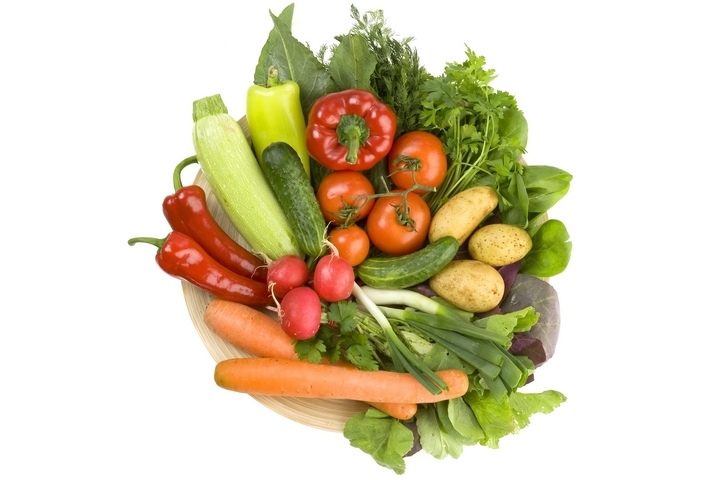
Leafy vegetables are magnesium-rich and will assist in boosting testosterone in men. If you’re already eating a lot of leafy vegetables, consider a magnesium supplement. Magnesium increases testosterone in men and can be obtained naturally from kale, spinach, lentils, whole grains, and nuts and seeds.
2. Onions
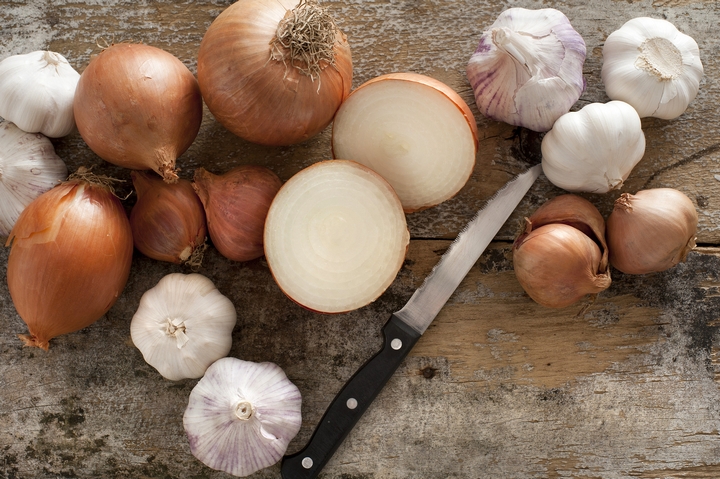
Onions are an excellent source of nutrients which will help with sexual health. Although the daily intake of fresh onion juice for 4 weeks and longer may not seem appealing, in men, it has been shown to significantly increase testosterone levels in the body.
3. Less refined carbs
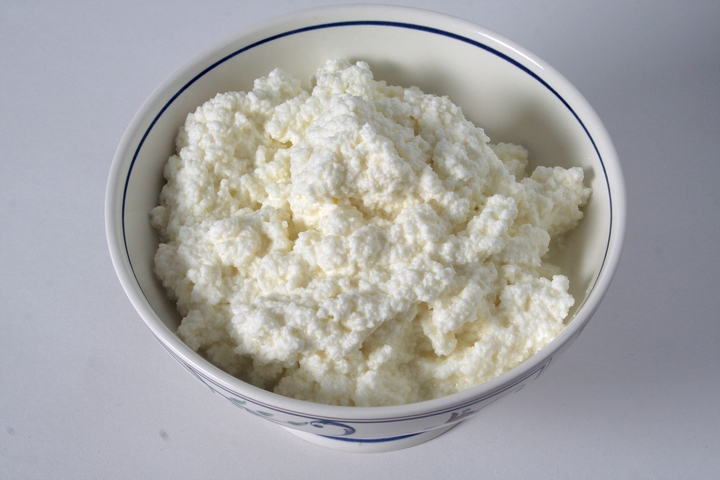
Sugary foods and drinks, white pasta and rice, and white bread are refined carbs. These carbs are absorbed quickly, spiking blood sugar and insulin levels. These sorts of foods are associated with a higher risk of ovulatory infertility. Consider avoiding them.
4. Bigger breakfasts

A larger-than-average breakfast can help women with fertility problems. A substantial breakfast can improve the hormonal effects of polycystic ovary syndrome, reduce insulin levels by 8 percent, reduce testosterone levels by 50 percent, and cause an increase in ovulation by 30 percent. For women, this is a strong recommendation for how to boost fertility, although you can balance it out with a size reduction in later meals in the day.
5. More fiber
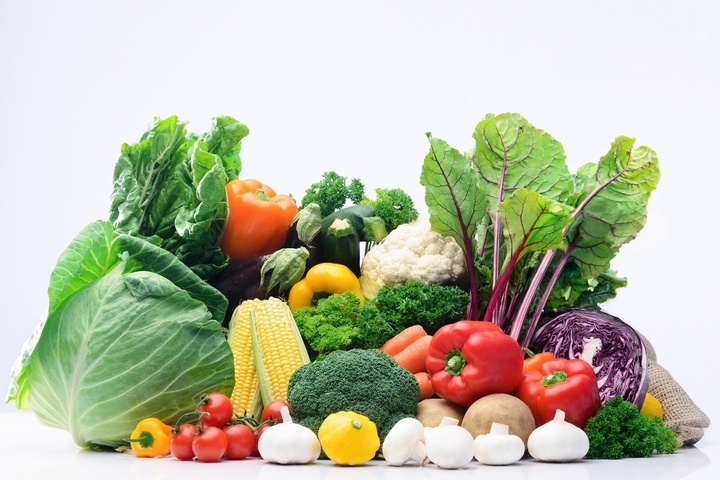
Fiber gives your body what it need to get rid of excess hormones, keeps blood sugar balanced, and improve infertility. High-fiber foods include whole grains, fruits, vegetables, and beans. Increased fiber intake is recommended for how to boost fertility in females however the evidence is mixed, with some studies showing high amounts of fiber can increase the risk of abnormal ovulation cycles.
6. Reduce carbs

Low-carb diets are recommended for women with fertility issues, assisting in regulating weight, reducing insulin levels, and helping menstrual regularity. One study found women with a mid-to-high carb diet had a 78 percent higher risk of ovulatory infertility than women eating on a low-carb diet.
7. Oily fish

Oily fish has a number of fertility-boosting benefits, bringing together omega-3s, zinc, and iodine. Omega-3 fatty acids help support growth and development throughout pregnancy, zinc improves sperm and embryo formation, and iodine is an essential in thyroid hormones. Just remember to choose low-mercury fish, when possible, like sardines, herring, salmon, trout, anchovies, and halibut.
8. Antioxidant-rich foods
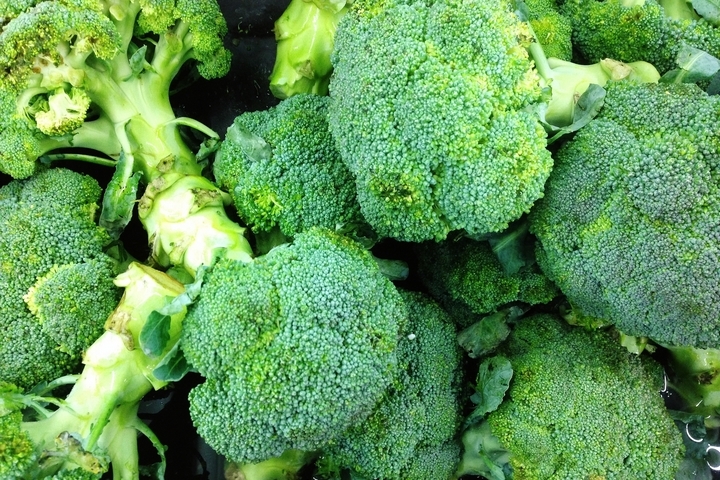
Antioxidants deactivate free radicals which are known to damage sperm and egg cells. Antioxidants can improve sperm quality and increase chances of conception by as much as 23 percent in some couples. Consider starting a supplement and/or searching out foods high in folate, beta-carotene, lutein, vitamins C and E, and other antioxidant-related.
9. Replacing animal protein
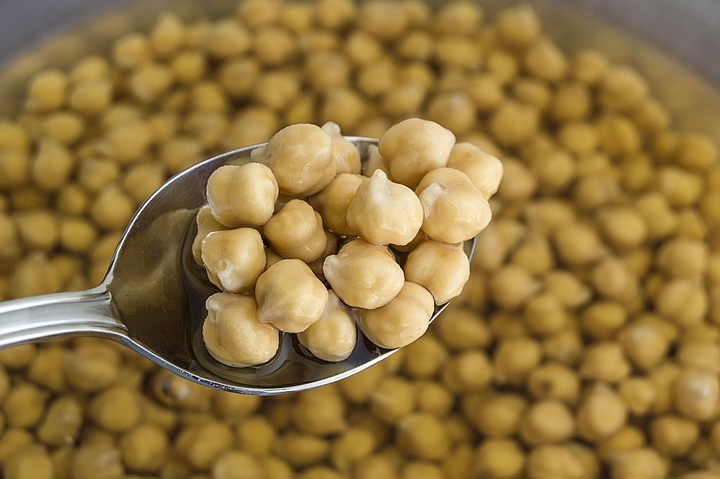
High animal protein intake can increase ovulatory infertility by 32 percent, compared to vegetable protein which can protect against infertility. Consider swapping out animal protein for veggie protein whenever possible, on vegetables, beans, lentils, and nuts.
10. Pomegranate juice

Pomegranates are an antioxidant friendly eat that has been shown to boost testosterone levels among men, improve mood, and stabilize blood pressure. For men in particular, pure pomegranate juice drank once daily can provide these benefits and help fertility along.
11. High-fat dairy
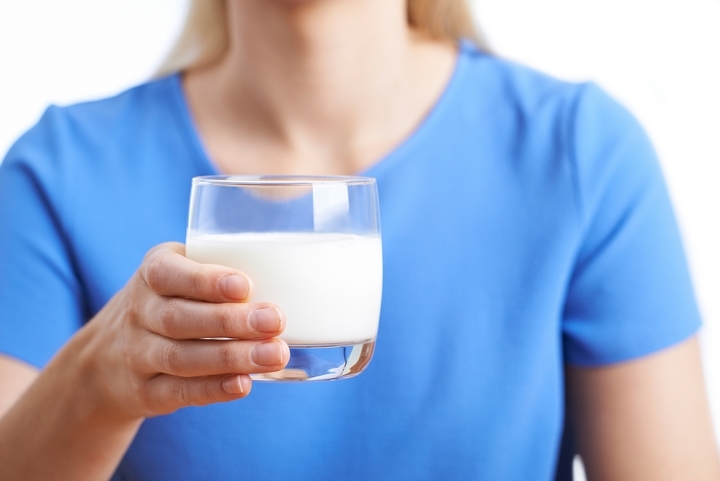
Good news! High-fat dairy is a good thing when it comes to boosting fertility in women. Women consuming one or more servings of high-fat dairy per day are 27 percent less likely to be infertile. Something as simple as a glass of whole milk may make the world of difference to your fertility numbers.
12. Ginger
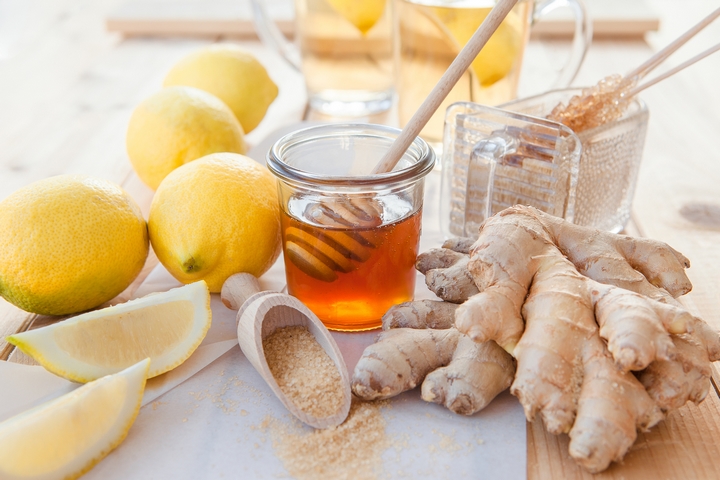
Ginger supplements taken over a three-month period has been shown to increase male testosterone levels by up to 17.5 percent. Ginger can also improve the health of sperms, helping them to reach their destination. This is all in addition to a myriad of other health benefits you can receive from ginger, in supplement form and used in culinary purpose.
13. Eggs
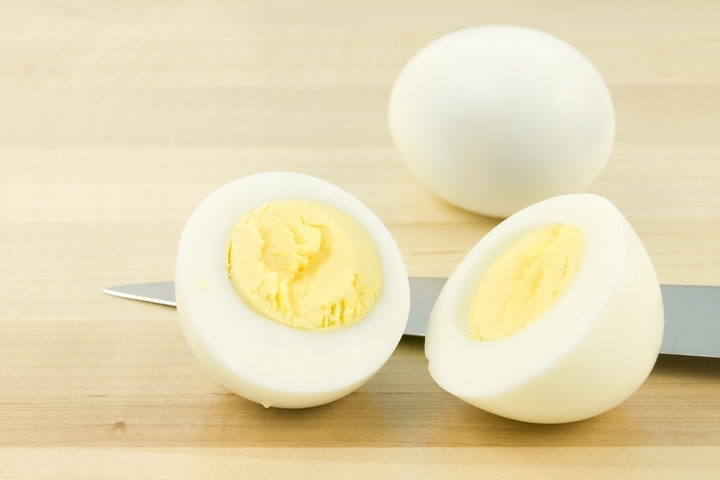
Eggs are extremely rich in omega-3s and fat-soluble vitamins like A, D, E, K2, and B12. These all work to boost fertility. Organic, free-range eggs are also an excellent source of choline – in fact, one of the highest sources available – which is an important nutrient in pregnancy and foetal brain development, placental function, and the prevention of neural tube defects.
14. Avoiding trans fats

Trans fats increase the risk of ovulatory infertility and negatively impact insulin sensitivity. They’re found in hydrogenated vegetable oils as well as margarine, fried foods, processed foods, and baked goods. One study found that eating trans fats instead of carbs resulted in an increase of ovulatory infertility by as much as 73 percent.
15. Oysters
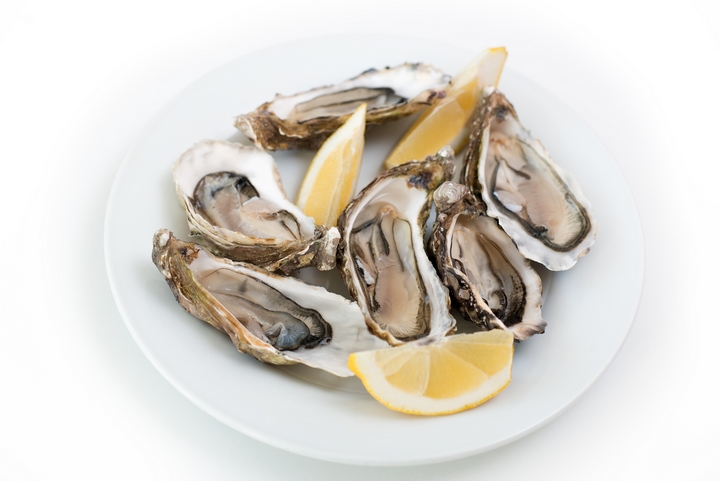
Essential for healthy sperm production and a strong reproductive system, oysters are a source of zinc. Zinc deficiency in men can result in them not producing enough testosterone and cause delayed sexual maturation. Oysters are an all-natural way to get more zinc into your diet, providing your body what it needs.











